Controle biológico: consiste no uso de agentes biológicos de controle para prevenir, reduzir ou erradicar a infestação de pragas e doenças nas plantas.
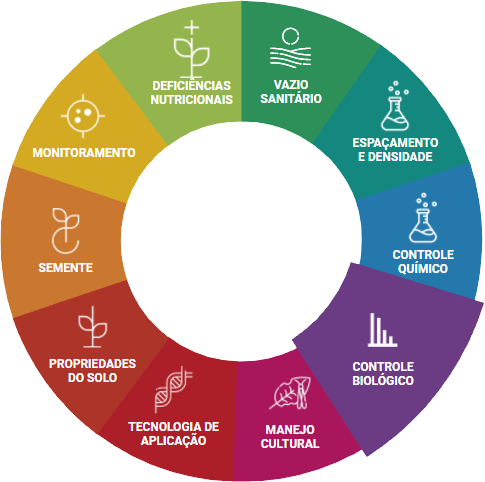
It is a time when the soil is left unplanted for a period, that is, the land left to rest and regenerate, to prevent the occurrence e dissemination of a certain disease or pest.
 Crop spacing and density
Crop spacing and density
It’s defined as the number of plants per unit of ground and it’s influenced by some factors, such as the crop to be planted, the cultivar, soil fertility, and water availability.
 Chemical control
Chemical control
The chemical control consists of the use of chemical products to prevent and/or control the occurrence of pests and diseases.
 Biological control
Biological control
The biological control consists of the use of biological control agents to prevent, reduce, or eradicate infestations of plant pests and diseases.
 Crop management
Crop management
Crop management aims to increase the competitive capacity of the crop in relation to the occurrence of pests, diseases, and weed, by applying preventing procedures prior to the sowing and during the crop development. Some procedures involve the adoption of the correct row spacing, sowing period, crop density, straw use, adequate choice of plant cultivars, among others.
 Technology of Application
Technology of Application
It refers to the use of all scientific knowledge for the correct application of the product to the target pest, making sure that the amount applied is adequate, in an economical way, and preventing contamination of other sites.
 Soil properties
Soil properties
The knowledge of the physical, chemical, and biological properties of the soil is essential for the adoption of an adequate soil management procedure.
 Seeds
Seeds
The choice for certified seeds is essential to prevent the occurrence of new species of weeds and pathogens in the crop. Besides, seeds treatment is crucial to protect them against the attacks of diseases, pests, and nematodes.
 Monitoring
Monitoring
The monitoring aims to determine the status of pests and diseases occurrence, assessing possible damages and losses to the crop, supporting the decision-making process of pest control.
 Nutritional Deficiency
Nutritional Deficiency
This condition is associated to the plant development and plant demand. The symptoms of nutritional deficiency vary according to the nutrient mobility. The nutritional deficiency may affect directly or indirectly crop yield and it’s usually identified through visual and foliar analyses, as well as the soil analyses.
IPM means “Integrated Pest Management” and consists of the adoption of technologies for the control of insect pests and phytopathogenic microorganisms. Among the main benefits offered by IPM are yield gains, rational use of inputs, and break of the resistance of pests and diseases. Some tools used in IPM are the Biological Control, Chemical Control, Mechanical Control, Crop Control, Nutritional Management, and Monitoring of Pests and Diseases.
 Partners institutional
Partners institutional

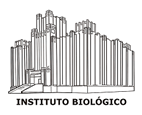

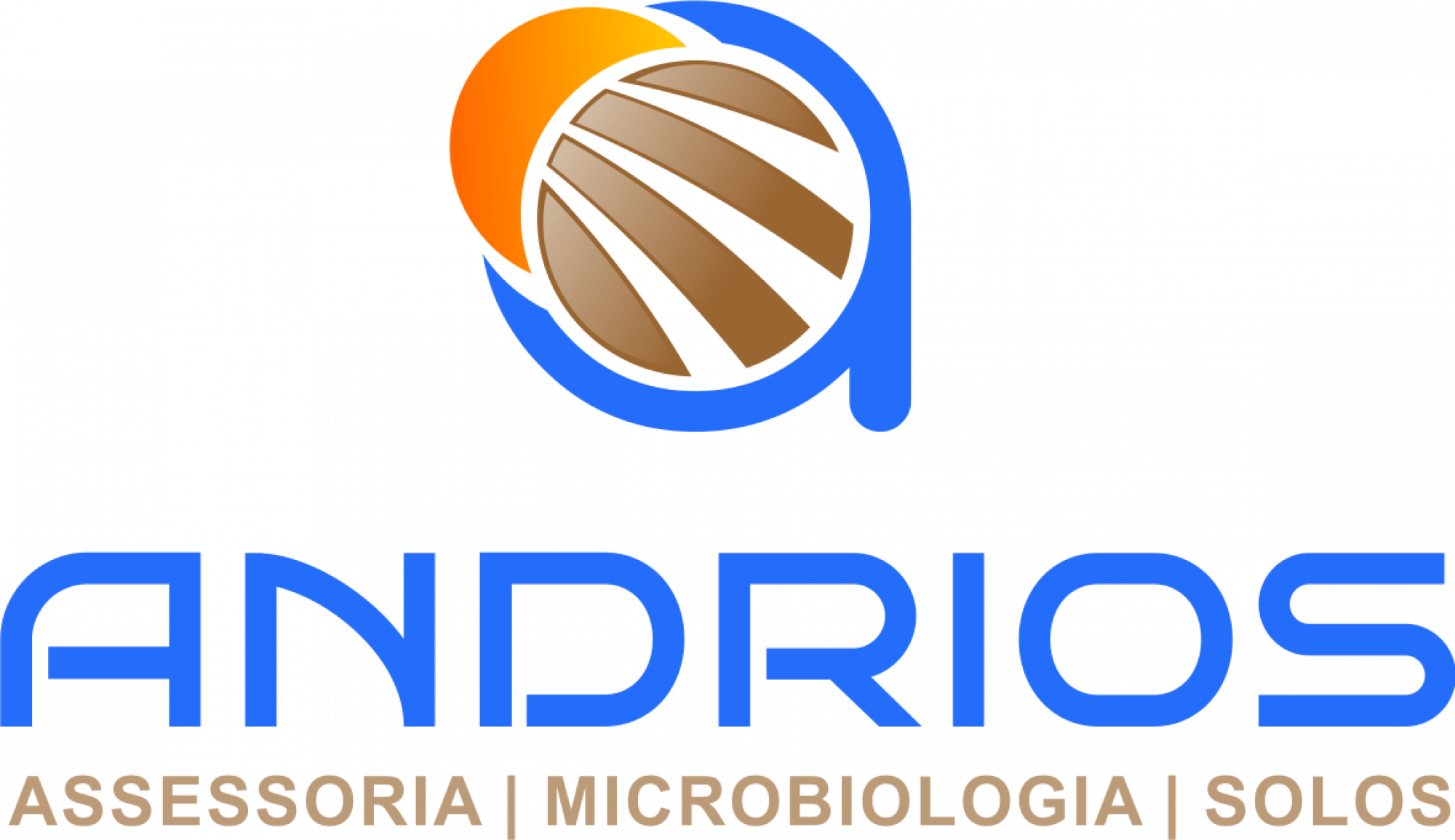


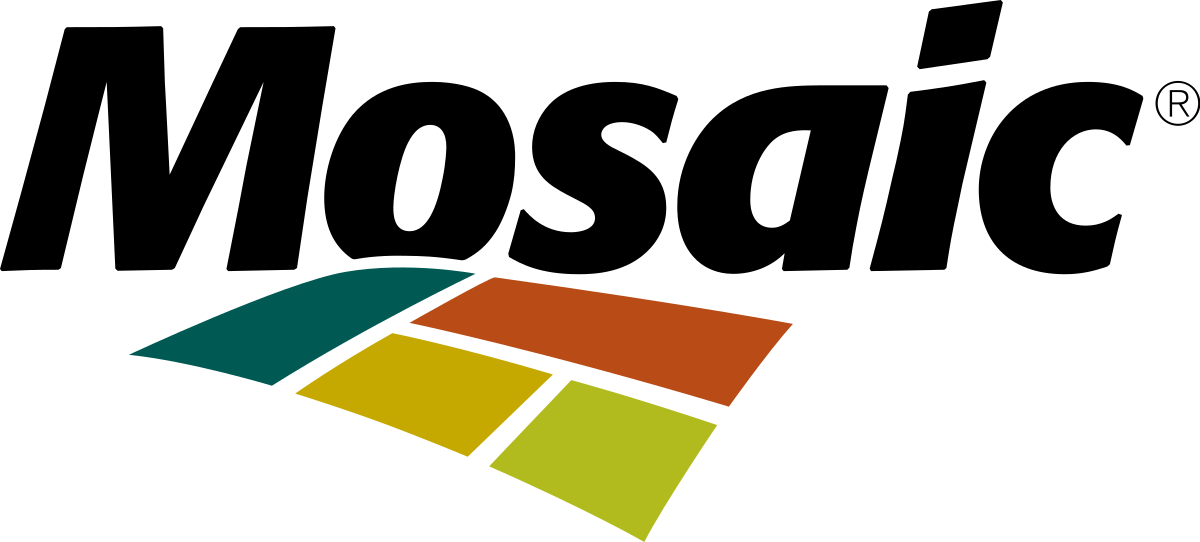


We use cookies to ensure the website functioning, to analyze and personalize our contents and ads during your use (surfing/browsing) on our platform and services of third parties. As you surf the site, you authorize the collection of this information and its use for this purpose.
The website content is target to farmers and professional of the agricultural sector.